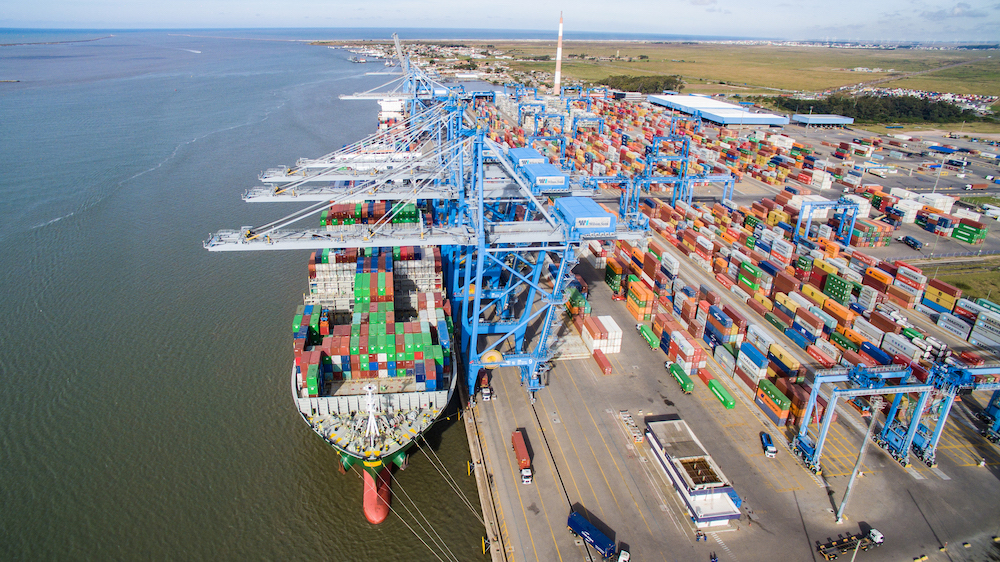A leader in port and maritime logistics in Brazil, Wilson Sons has been awarded the Gold Seal under the GHG Protocol for the third year running. The program encourages corporations to prepare and publish inventories of greenhouse gas (GHG) emissions. The certification is a recognition for corporations that transparently report their independently audited emission sources. It is an important step towards fighting climate change. In 2021 and 2022, the company also received the same certification.
For ten years now, Wilson Sons has been voluntarily publishing its GHG inventory. The indicators are reported on the Brazilian GHG Protocol program platform, via Bloomberg news website and the global Carbon Disclosure Project (CDP) platform. Information and analyses are also available in the Sustainability Report of Wilson Sons.

To help monitor emissions, Wilson Sons has relied on Cerensa, a sustainability data management and analysis software application. Automated data control allows tracking GHG emissions and emitting sources from each business unit, supporting the development of new decarbonization projects.
In order to ensure energy efficiency, over the past decade, Wilson Sons has taken a few energy-related actions, such as using electric cranes at the container terminals of Rio Grande (RS) and Salvador (BA), and modernising the motor and propulsion systems of offshore and port support vessels. Last June, Wilson Sons expanded its fleet of yard tractors at Salvador Container Terminal, with 12 new fully electric terminal tractors, which represents up to 341 tons of avoided CO2 emissions per year.
Last May, Rio Grande Container Terminal signed a contract to have its energy 100% derived from renewable sources, starting next year. Toward this end, renewable energy with I-REC (International Renewable Energy Certificates) certification was purchased for the years 2024/25/26. Also, the certificate ensures traceability of the renewable energy source supplying the terminal, and clears carbon emissions from energy consumption in those years. Under the new contract, all the energy supplying the container terminal will come from renewable sources, which include wind, solar or hydroelectric power stations.
Wilson Sons is also in the process of building six more sustainable tugboats at the company's shipyards in Guarujá (São Paulo). Four have already been delivered and the other two will be in 2024. The tugs are the first in Brazil that meet the International Maritime Organisation’s TIER III standard, which is only required in emission-controlled areas, such as in some regions of North America, Europe and the Caribbean. Their new hull design helps to reduce greenhouse gas emissions and consumes about 14% less fossil fuel.










